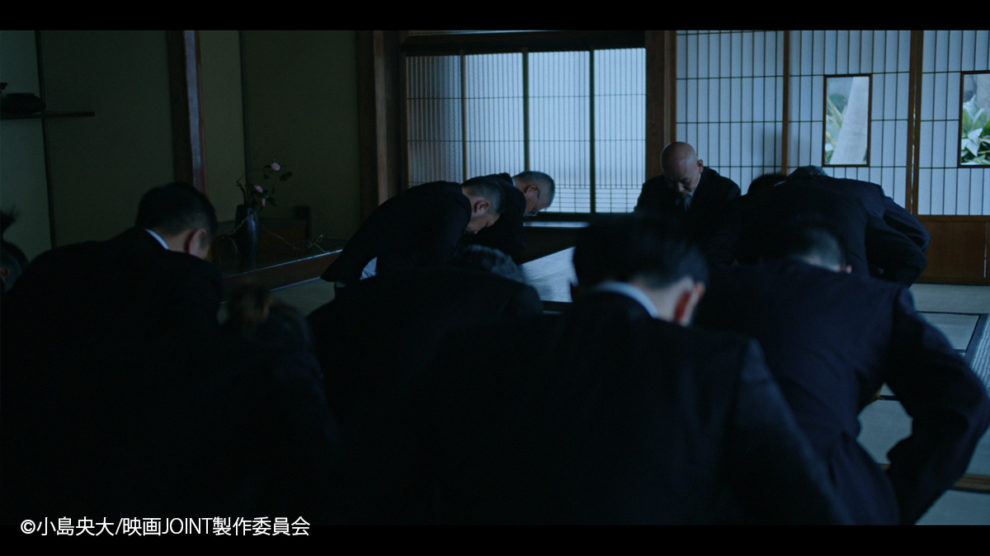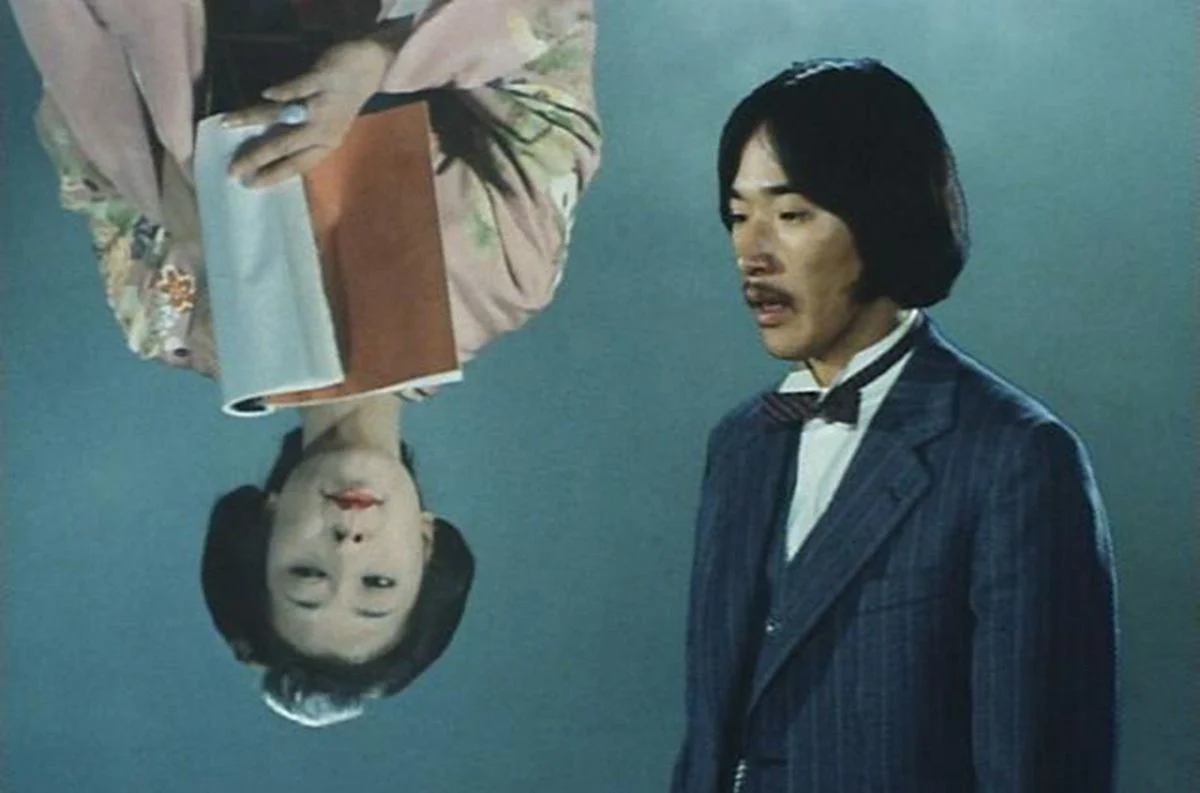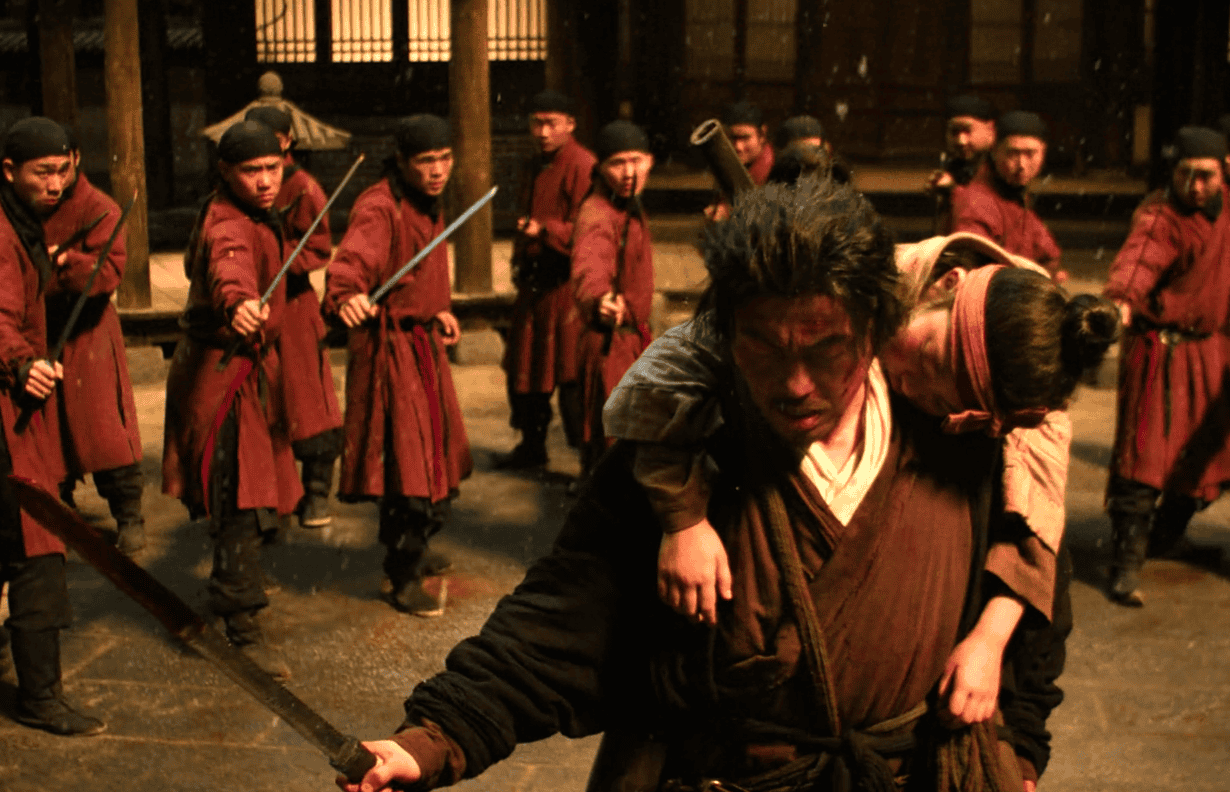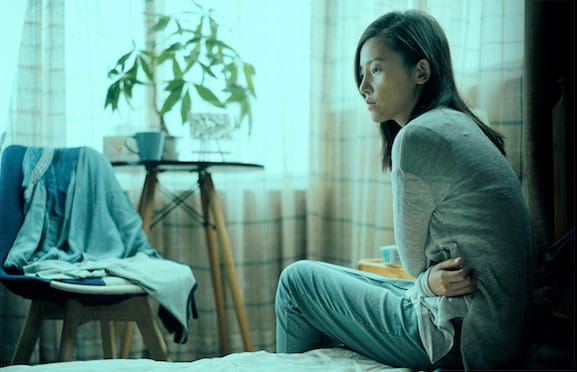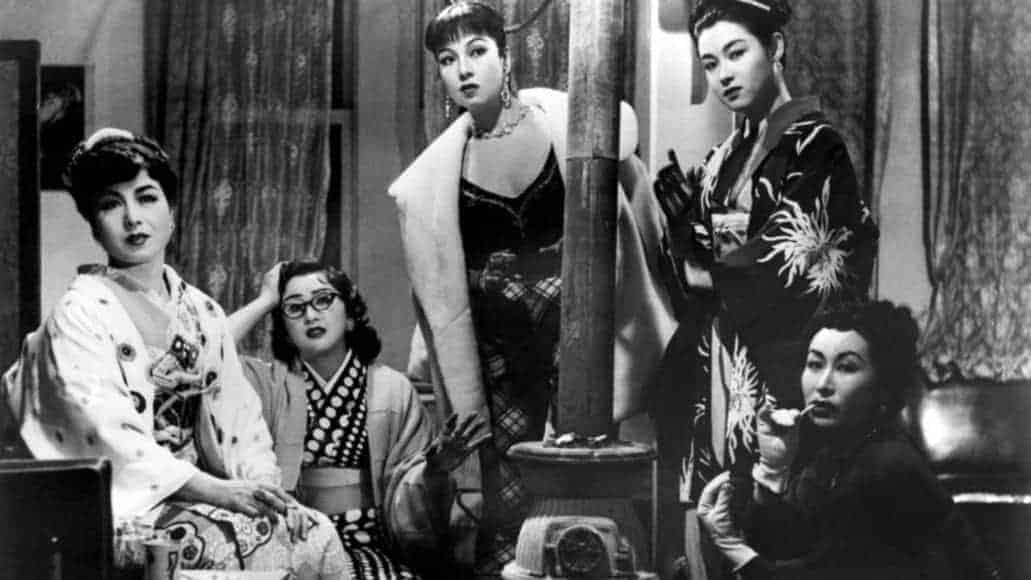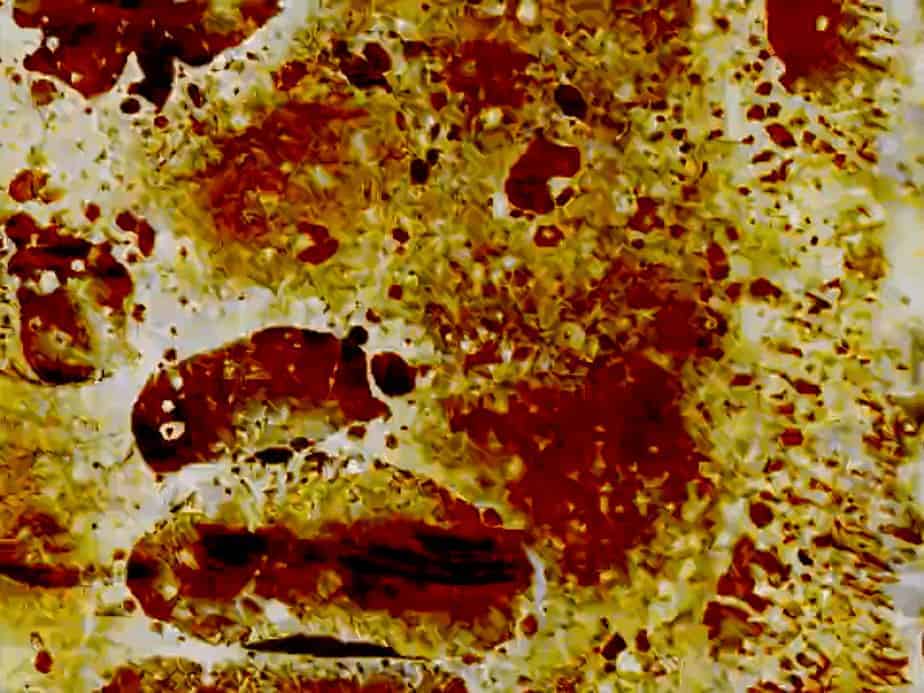The reality of the yakuza in Japan has changed significantly during the last decades, with their lives having nothing to do with what Kinji Fukasaku portrayed in the 70s. A number of the latest productions focus on this change and the current lives of the members of the “underworld”, with movies like the recent “Under the Open Sky” being one of the most prominent examples. Oudai Kojima also implements this approach, focusing, though, on the criminal practices of the current yakuza, through a rather dark approach.
Joint is screening at Osaka Asian Film Festival
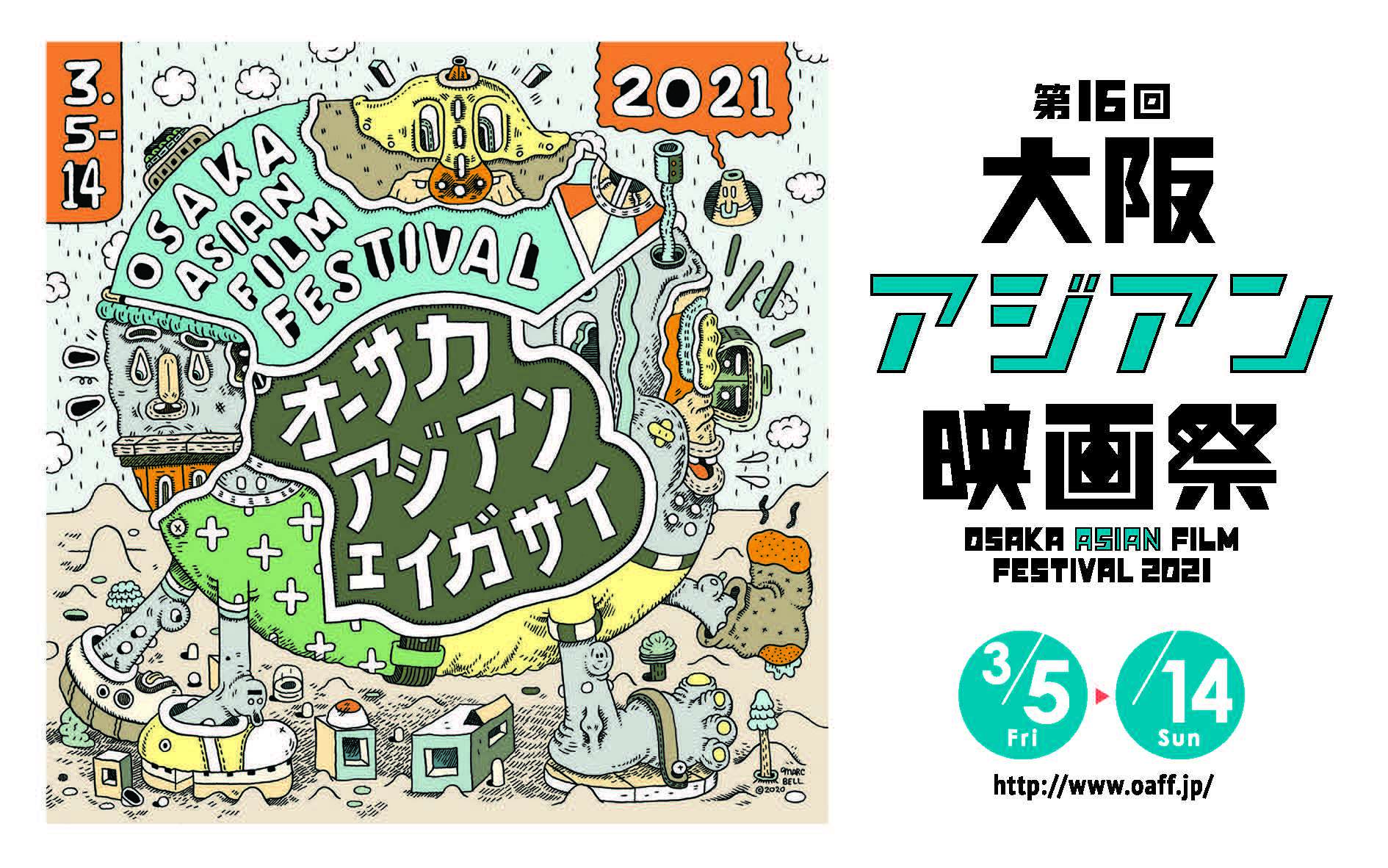
After having served 2 years in prison, former yakuza Takeshi Ishigami spent two miserable years working on a construction site, building up funds before he returned to Tokyo with the help of Yasu, his best friend. He is determined to go straight and in order to do that, he decides to invest in a big data startup company. To raise the funds, however, he needs to do a last deep dive to the criminal world, and to do so, he enlists his Korean friend Jung-hi and starts a business selling data for phone fraud to his Yakuza friend Yuki. However his past is not that easy to escape from, and Takeshi soon finds himself having to face prejudice for his past, while a rift in the yakuza family signals the beginning of the war, and a mysterious organization headed by J, gets involved in his business plan.
Oudai Kojima retains some of the trademarks of the yakuza film, namely the male bonding and the value of brotherhood, the difficulty of escaping the crime world, the almost complete lack of female characters, and the clash between the old and the new members. However, these are the only similarities with traditional yakuza movies, since Kojima moves into a whole new other direction, that is permeated by a rather imposing realism. In that regard, the ways organized crime has penetrated the technology sector, with the drugs and gambling giving their place to smartphones and data, is quite revealing.
Furthermore, that the yakuza are now under constant police surveillance and cannot implement their violent ways as easily as in the past, is another focus, with Kojima using this element to create an impressive atmosphere where danger and violence seem to lurk in every corner, but very rarely actually appear. That organized crime is a world where dedication does not mean as much as it used to, also becomes a central part of the narrative, and in combination with the aforementioned element, leads to an excellent build up to the finale, where violence actually ensues, although not particularly graphically. The last part also sees thriller elements coming to the fore, through a number of tense and agonizing scenes.
The combination of handheld camera and narration gives the film a documentary essence quite frequently, particularly in conjunction with the research that Kojima seems to have done on the topic. At the same time, however, the overall bleakness of the cinematography, which lacks brightness of color almost completely, and the fact that the majority of the movie takes place during the night, induce the narrative with a noir essence, which works quite well it terms of both aesthetics and context. Shogen, as the mysterious J, embodies this sense in the best fashion, through a small, but quite memorable part. Lastly, it is also worth noting that the film only cost less than $50,000, budget that is definitely not mirrored in the overwhelming quality of the production values.
Furthermore, the lack of intense action and the relatively slow pace, also move towards an art-house approach, that also works quite well for the film, as it allows Kojima to analyze his characters and the world they inhabit quite nicely, with the approach extending beyond Takeshi, to his Korean friends. The last part also makes a social comment, on how immigrants are occasionally forced to “indulge” in crime in order to make a living in a society that frequently makes its xenophobia painfully obvious.
Talking about the characters, the film benefits the most by the acting, with Ikken Yamamoto giving an imposing performance, that has him exhibiting a plethora of feelings and psychological statuses, being equally convincing as a friend, a partner-in-crime, a businessman and a criminal, while the scenes where he is angry, afraid or desperate are excellently portrayed. The second memorable performance comes from Kim Jin-cheol as Jung-hi, whose interactions with Takeshi are among the highlights of the movie.
Oudai Kojima does not avoid all the cliches of the genre but “Joint” definitely emerges as a reinvigorating note to the yakuza film, while the combination of documentary-like, art-house and violent drama results in a rather intriguing spectacle that goes far beyond the yakuza movie.


